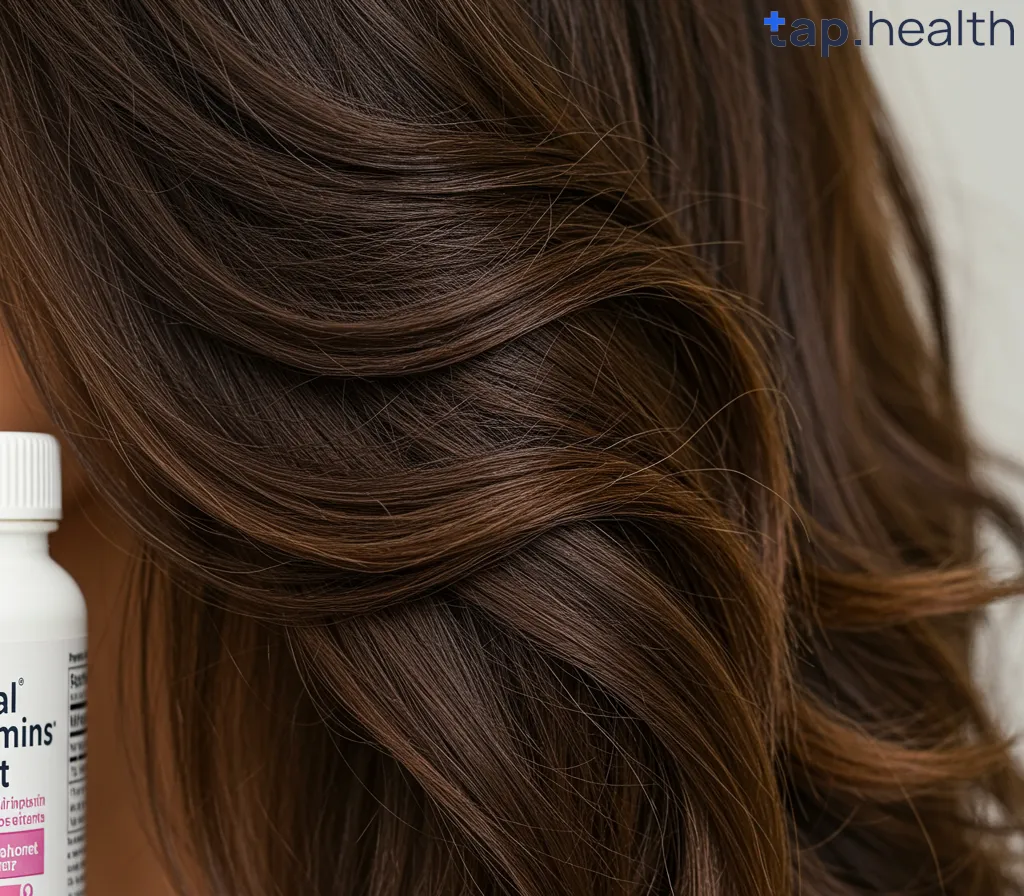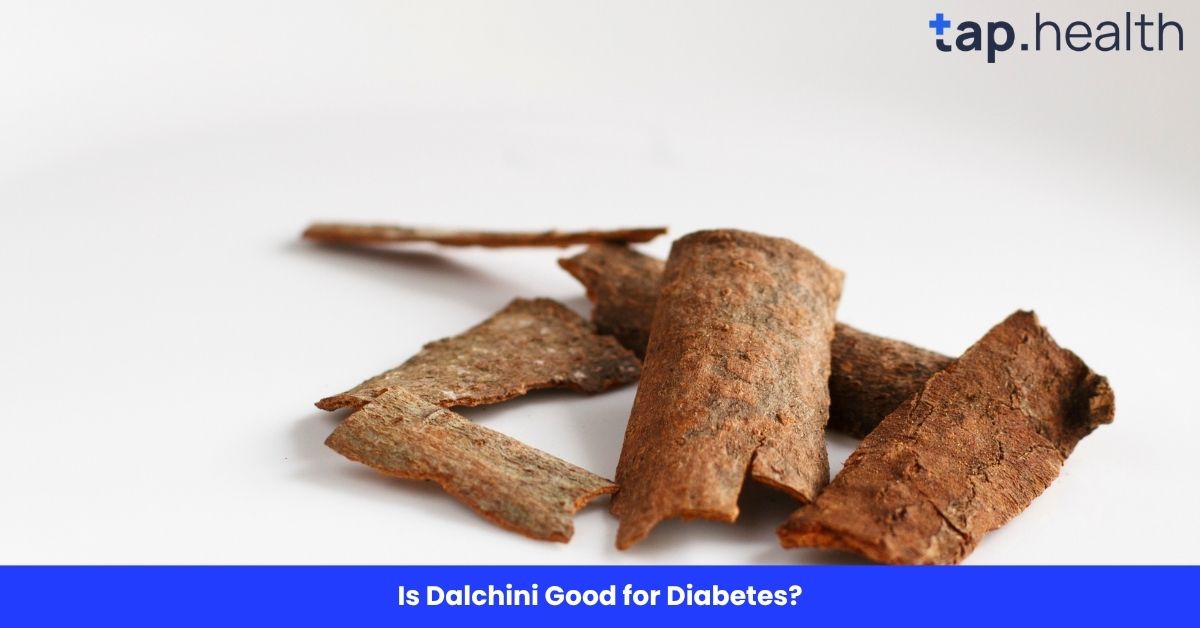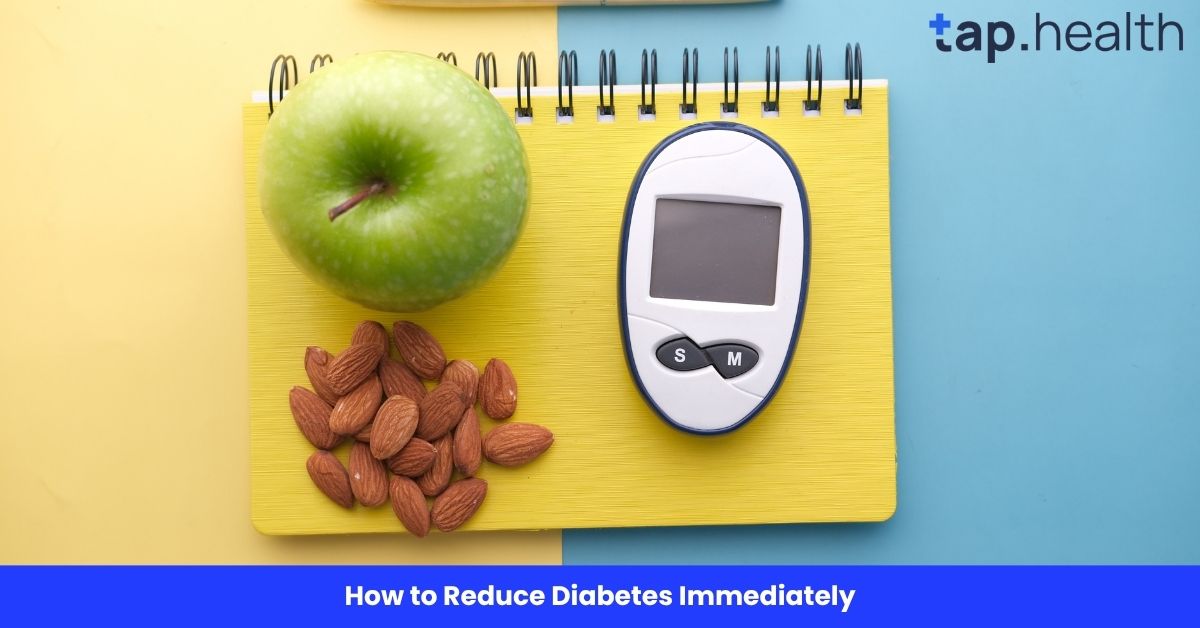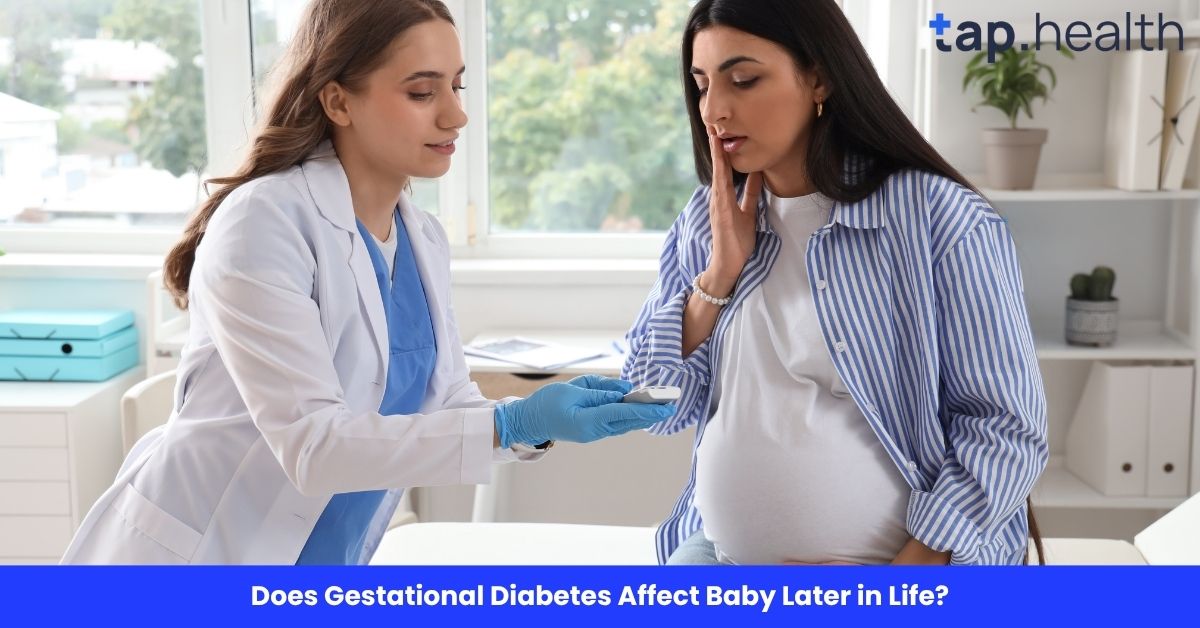If you’ve heard that prenatal vitamins can help grow hair, you’re not alone. Many people have heard this rumor or seen it shared in beauty blogs and online forums. But is there any truth to this claim? Can prenatal vitamins actually promote hair growth? In this article, we’ll explore whether prenatal vitamins can make your hair grow, the science behind hair health, and what role prenatal vitamins play in all of this. We’ll also cover everything you need to know about these vitamins and their potential impact on your overall health.
What Are Prenatal Vitamins?
Before diving into whether prenatal vitamins can grow hair, it’s important to understand what they are and why they are typically used.
What’s in Prenatal Vitamins?
Prenatal vitamins are specially formulated supplements designed for pregnant women to help ensure they get the right nutrients for a healthy pregnancy. They are designed to support both the mother’s health and the development of the baby. Some of the key ingredients in prenatal vitamins include:
- Folic acid (important for preventing birth defects)
- Iron (helps prevent anemia)
- Calcium (important for bone development)
- Vitamin D (supports immune function)
- Vitamin B12 (supports red blood cell production)
- DHA (Docosahexaenoic acid) (important for brain development)
- Iodine (supports thyroid function)
Prenatal vitamins are typically higher in certain nutrients compared to standard multivitamins, which makes them more comprehensive for supporting a pregnancy.
Why Do People Take Prenatal Vitamins?
While prenatal vitamins are primarily used by women who are pregnant or planning to become pregnant, some non-pregnant individuals also take them. This is often done in the hopes of boosting health, especially during times of stress, illness, or for hair and skin health.
Do Prenatal Vitamins Help Grow Hair?
The Short Answer: They Might Help, But It’s Not Guaranteed
Many people swear by prenatal vitamins for promoting hair growth, but there’s a catch. While prenatal vitamins contain nutrients that are essential for overall health, including the health of your hair, there is no direct scientific evidence that proves they are the magic solution for growing longer, thicker hair.
However, certain nutrients in prenatal vitamins, like folic acid, biotin, and iron, do play important roles in supporting hair health, and these nutrients can potentially help if you’re deficient in them.
How Can Prenatal Vitamins Impact Hair Growth?
Here’s how the main ingredients in prenatal vitamins might help with hair growth:
1. Folic Acid
Folic acid, or folate, is a crucial vitamin for cell growth and regeneration. It is often associated with healthy hair growth because it helps promote the production of red blood cells, which are important for delivering oxygen and nutrients to hair follicles. This, in turn, might help your hair grow at its optimal rate.
2. Biotin (Vitamin B7)
Biotin is a well-known vitamin for hair health. It plays a role in the production of keratin, the protein that makes up hair, skin, and nails. Although biotin is often advertised as a miracle for hair growth, it’s only effective if you’re actually deficient in biotin. For most people, biotin from food or prenatal vitamins will be beneficial for maintaining normal hair health rather than spurring rapid growth.
3. Iron
Iron is essential for many bodily functions, including hair growth. A deficiency in iron can lead to hair loss because it reduces the amount of oxygen that reaches hair follicles, which can stunt hair growth. Since prenatal vitamins contain higher levels of iron than regular multivitamins, they may help improve hair growth in people who are iron deficient.
4. Vitamin B12
Vitamin B12 plays a key role in the production of red blood cells and DNA synthesis. It also contributes to healthy hair growth. Like folic acid, a deficiency in B12 can lead to hair loss, so supplementing with a prenatal vitamin that contains adequate levels of B12 may help ensure your hair grows properly.
5. Vitamin D
Vitamin D is crucial for maintaining the health of hair follicles. A deficiency in vitamin D has been linked to hair loss, particularly a condition called alopecia areata. Prenatal vitamins typically contain a higher dose of vitamin D, which may be beneficial for people who need to boost their vitamin D levels for optimal hair health.
Are There Any Side Effects of Taking Prenatal Vitamins for Hair Growth?
While prenatal vitamins can provide a range of health benefits, it’s important to consider the potential side effects of taking them unnecessarily, especially for people who aren’t pregnant.
Possible Side Effects:
- Excessive Iron
- Prenatal vitamins tend to have higher amounts of iron, which is good for pregnant women but may be excessive for those who do not have an iron deficiency. Too much iron can lead to constipation, nausea, and stomach cramps.
- Too Much Vitamin A
- Some prenatal vitamins contain high levels of vitamin A, which can be harmful in excess. High doses of vitamin A can cause toxicity, leading to hair loss, among other health issues.
- Upset Stomach
- Taking high doses of vitamins can sometimes irritate the stomach, especially when taken on an empty stomach.
- Potential Overdose of Certain Vitamins
- Consuming too many vitamins, such as biotin or folic acid, can lead to negative effects, including skin rashes or digestive issues.
For these reasons, it’s always a good idea to talk to a healthcare provider before starting prenatal vitamins for reasons other than pregnancy.
Who Should Take Prenatal Vitamins?
Prenatal vitamins are generally recommended for pregnant women, but they can also be beneficial for individuals who have specific nutrient deficiencies. People who might benefit from prenatal vitamins (with guidance from a healthcare provider) include:
- Women trying to conceive
- Women who are breastfeeding
- People with certain nutrient deficiencies (like iron or vitamin D)
- People who follow restrictive diets
If you’re considering taking prenatal vitamins for hair growth, it’s essential to first determine if you have a nutrient deficiency that might be contributing to hair loss or slow growth.
Alternatives to Prenatal Vitamins for Hair Growth
If you’re not pregnant and are looking to grow your hair, there are other ways to boost hair health without resorting to prenatal vitamins.
1. Healthy Diet
A well-balanced diet rich in fruits, vegetables, lean proteins, and healthy fats will provide your body with the essential nutrients for healthy hair. Foods that are high in omega-3 fatty acids, vitamins A, C, D, and E, as well as zinc and iron, can promote better hair health.
2. Biotin Supplements
If you’re particularly focused on hair growth, you can consider biotin supplements. Biotin is commonly marketed as a hair-growth aid, and many studies show that it can be beneficial if you’re deficient in it.
3. Topical Treatments
There are several topical treatments, like minoxidil, that are FDA-approved for hair regrowth. These treatments are typically available over-the-counter and have been proven to help stimulate hair follicles and promote growth.
4. Hair Care Routine
Maintaining a healthy hair care routine is crucial. Regular scalp massages, using gentle hair products, and avoiding heat damage can all contribute to better hair growth over time.
Frequently Asked Questions (FAQ) on Do Prenatal Vitamins Grow Hair?
Can Prenatal Vitamins Help Regrow Lost Hair?
Prenatal vitamins may help with hair regrowth if your hair loss is due to nutrient deficiencies. However, they are not a guaranteed solution for regrowing hair, and their effectiveness depends on your individual health and hair loss causes.
Is It Safe to Take Prenatal Vitamins for Hair Growth?
Taking prenatal vitamins for hair growth is generally safe, but it’s important to use them under the guidance of a healthcare provider. Excessive amounts of certain vitamins, like iron or vitamin A, can cause harmful side effects.
Will Prenatal Vitamins Make My Hair Thicker?
Prenatal vitamins may improve the overall health of your hair, making it stronger and healthier, but they do not necessarily make your hair thicker. Thicker hair depends on genetics, health, and hair care routines.
Can Prenatal Vitamins Help with Hair Loss After Pregnancy?
After childbirth, many women experience postpartum hair loss due to hormonal changes. Prenatal vitamins can help provide essential nutrients to support hair health and recovery, but they won’t stop hair loss entirely. If you’re concerned, it’s best to consult a doctor.
How Long Does It Take to See Results from Prenatal Vitamins?
Hair growth is a slow process, and it can take several months to see noticeable changes. If you’re taking prenatal vitamins for hair growth, be patient and consistent. Results may vary depending on your diet and health.
Conclusion
In conclusion, while prenatal vitamins contain many nutrients that support hair health, there is no concrete evidence that they specifically promote hair growth. They may help if you have deficiencies in key nutrients like iron, folic acid, or biotin. However, they should only be used under the guidance of a healthcare professional to avoid any potential side effects. If you’re looking to improve your hair health, consider a well-balanced diet, biotin supplements, and proper hair care as safer and more targeted approaches. Always talk to your doctor before starting any new supplement regimen, especially if you’re not pregnant.



